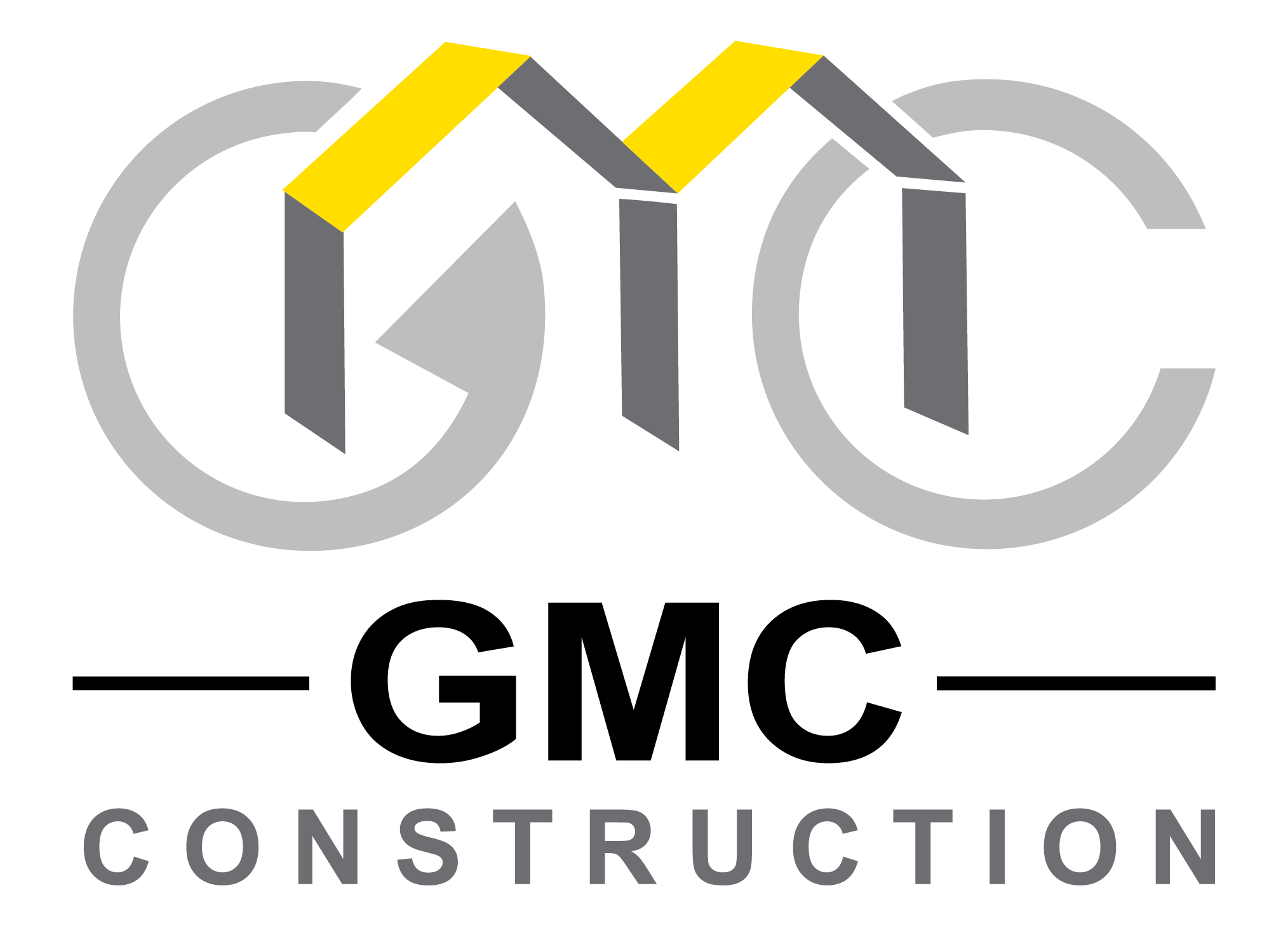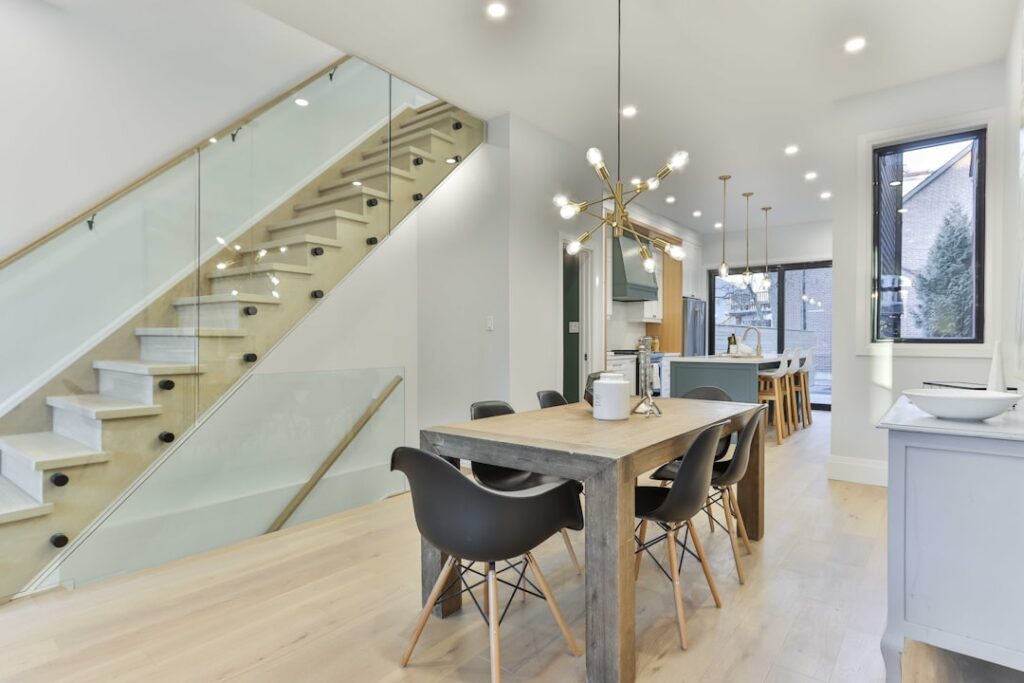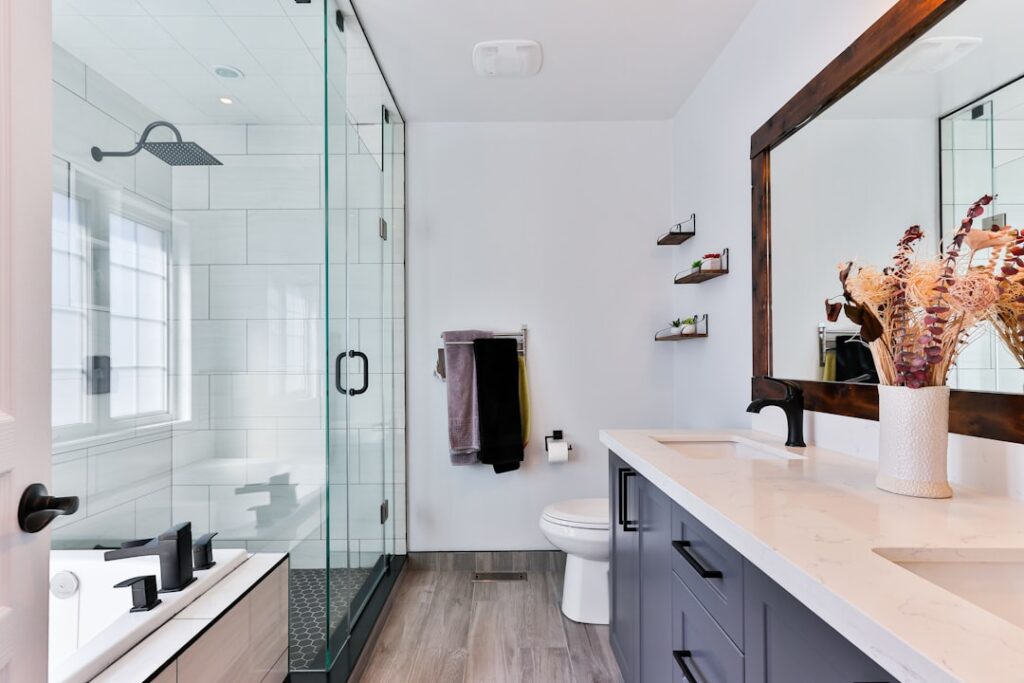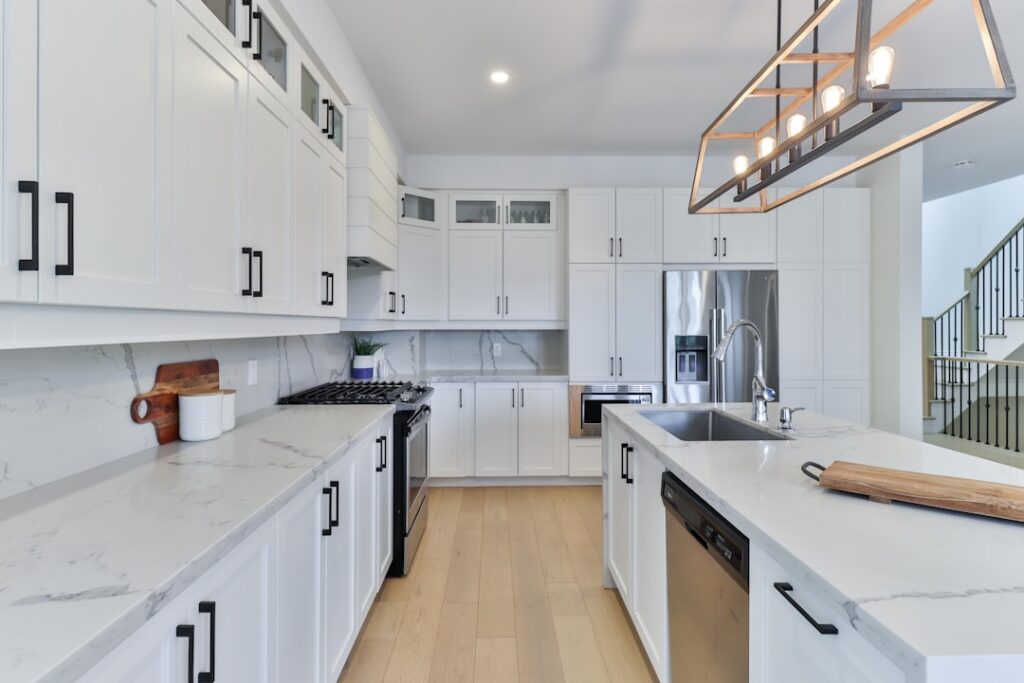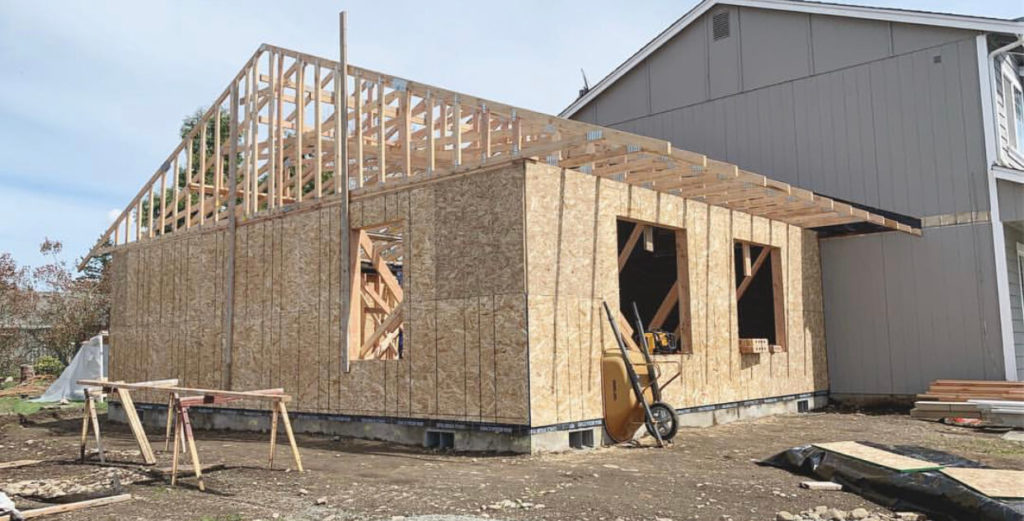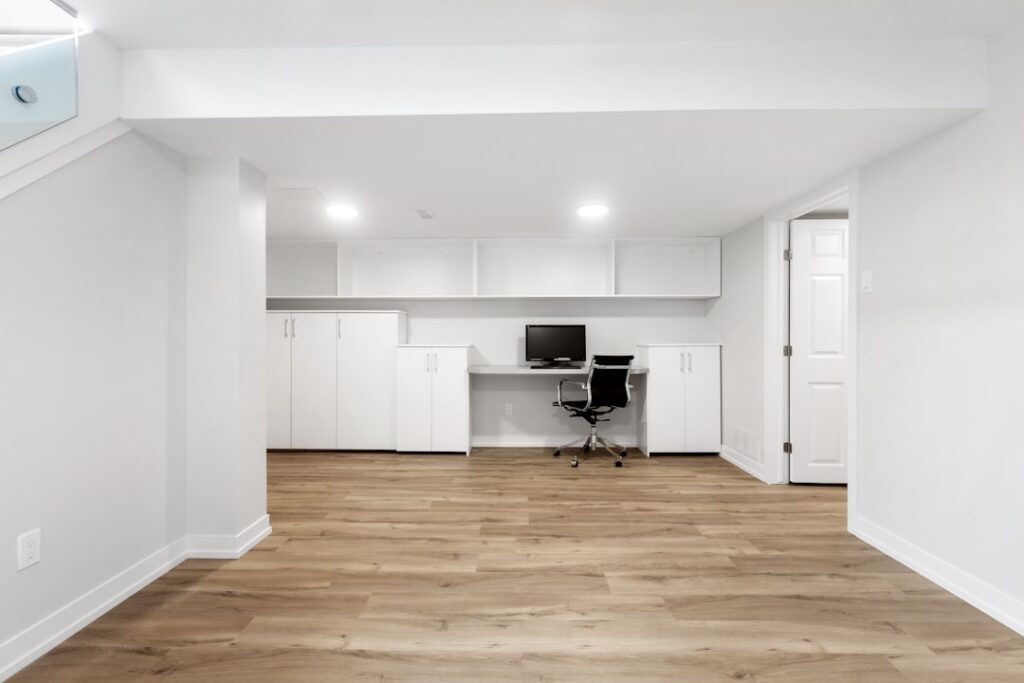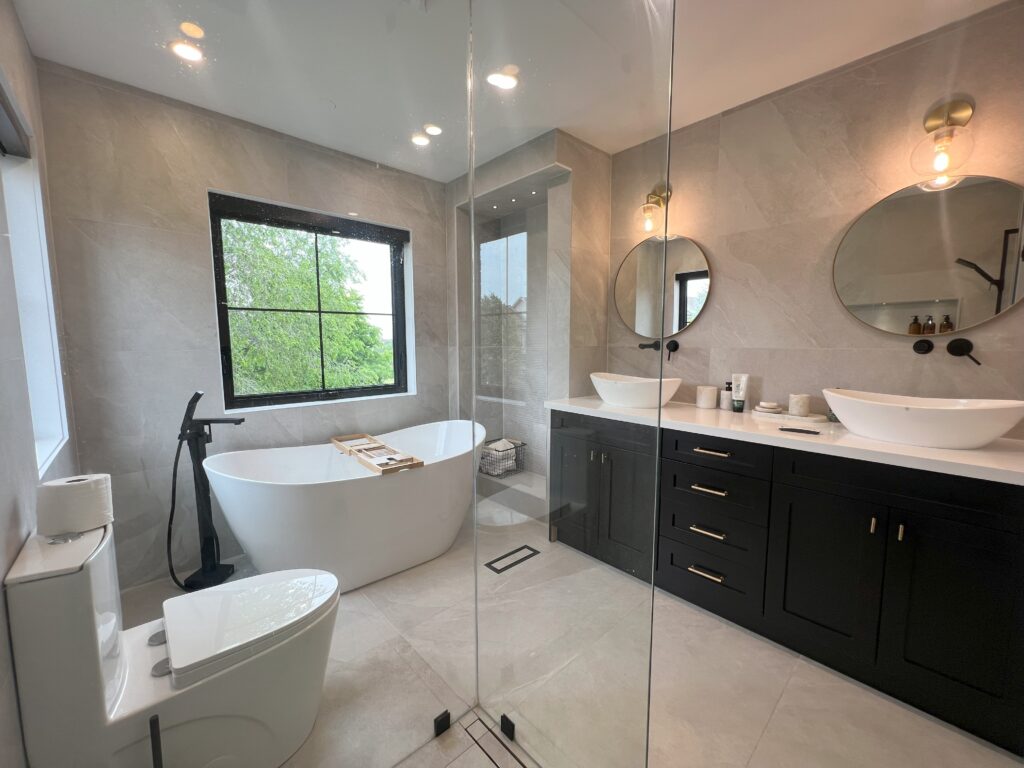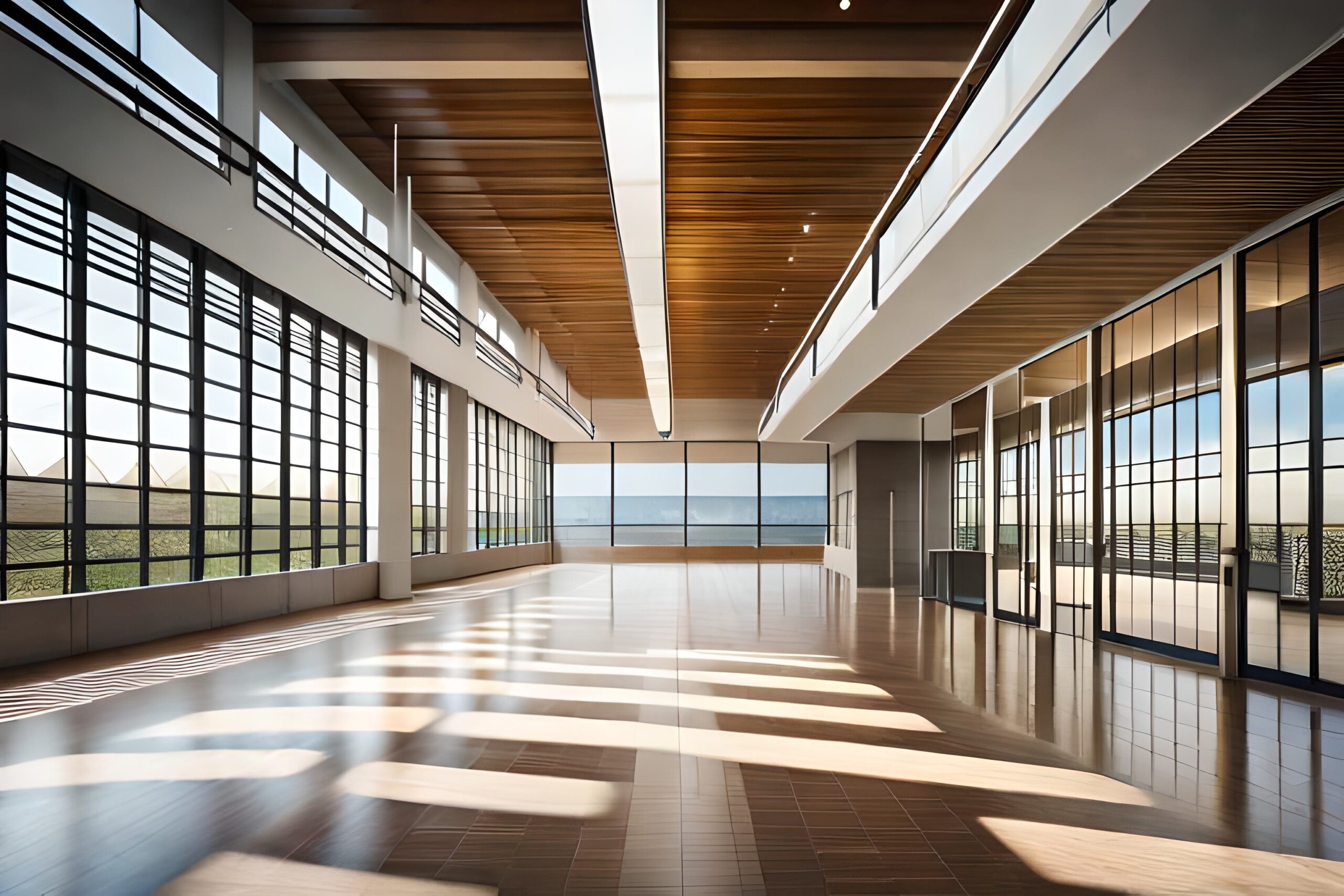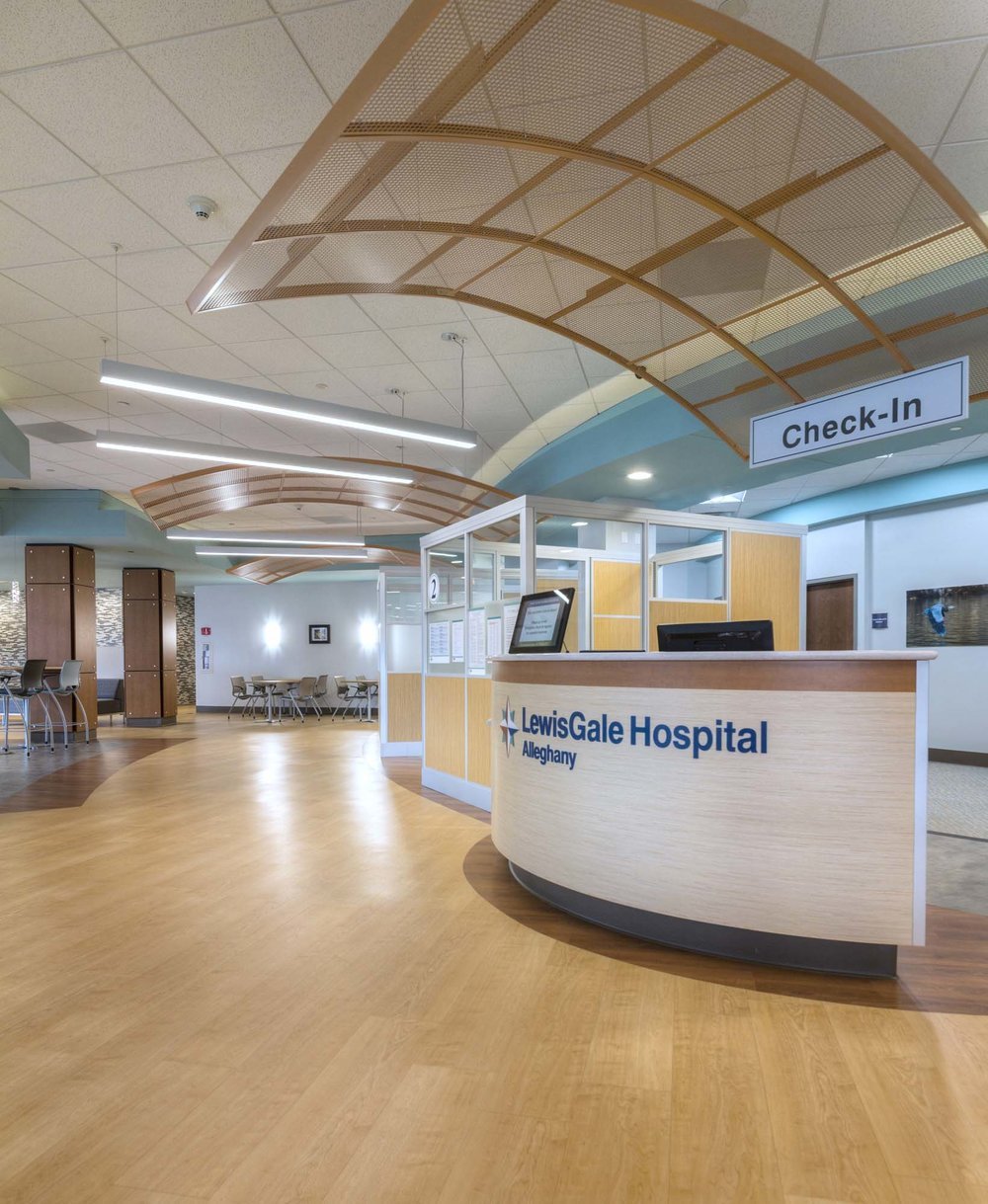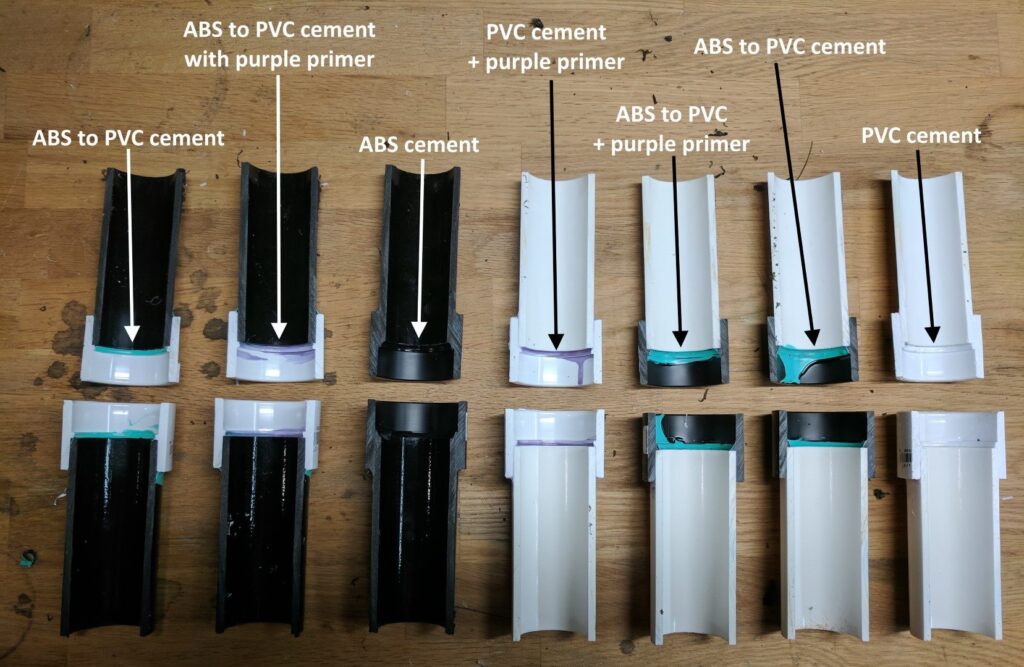
When it comes to plumbing your home, choosing the right materials is essential for long-lasting, efficient, and cost-effective systems. ABS (Acrylonitrile Butadiene Styrene) and PVC (Polyvinyl Chloride) are two of the most commonly used plastic piping materials. But which one is best for your home? In this blog post, we’ll compare ABS vs PVC plumbing, highlighting the key differences, pros, cons, and best use cases for each material.
What Is ABS Plumbing?
ABS plumbing pipes are made from a thermoplastic polymer that’s tough and impact-resistant. They are typically used for waste, drain, and vent systems in residential homes and commercial buildings.
Key Features of ABS Plumbing:
- Durability: Known for its high-impact resistance, making it ideal for areas where pipes may be subjected to physical pressure.
- Flexibility: ABS pipes are flexible and can bend to a certain degree, which is helpful for making turns in tight spaces.
- Color: ABS pipes are typically black, giving them a distinct appearance.
- Ease of Installation: ABS pipes are easy to cut and glue, requiring only a solvent cement process to seal the joints.
What Is PVC Plumbing?
PVC plumbing pipes are made from a strong, rigid plastic that is commonly used for a wide range of plumbing applications, from drain lines to water supply systems.
Key Features of PVC Plumbing:
- Chemical Resistance: PVC pipes are highly resistant to corrosive substances and are commonly used in environments where chemicals are present.
- Strength and Rigidity: PVC pipes are very strong, making them ideal for areas that require structural stability.
- Color: PVC pipes are typically white or light gray, making them easy to identify.
- Installation Process: PVC pipes require primer and cement for bonding, a slightly more involved process compared to ABS.
ABS vs PVC Plumbing: A Head-to-Head Comparison
| Feature | ABS Plumbing | PVC Plumbing |
|---|---|---|
| Cost | Typically more affordable | Slightly more expensive |
| Durability | Excellent impact resistance | Stronger and more chemical-resistant |
| Installation | Easy installation, no primer needed | Requires primer and cement for bonding |
| Temperature Resistance | Performs well in hot and cold water | Better for hot water systems but can be brittle in extreme cold |
| Chemical Resistance | Resistant to many chemicals | Excellent resistance to a wide range of chemicals |
| Noise Reduction | Absorbs sound well, quieter pipes | Can be noisier due to rigidity |
| Long-Term Performance | Durable in typical home environments | Highly durable, lasts for decades |
| Environmental Impact | Generally considered more eco-friendly | Has a larger environmental impact in production |
| Applications | Ideal for waste, drain, and vent pipes | Ideal for water distribution and sewage pipes |
Key Differences Between ABS and PVC
- Cost and Affordability: ABS pipes tend to be less expensive than PVC pipes, making them a great choice for budget-conscious homeowners or DIY projects. However, PVC is still relatively affordable and can be a more cost-effective option for larger plumbing projects due to its durability and longevity.
- Installation Ease: ABS is typically easier to install than PVC, as it doesn’t require primer and cement for joint bonding. It uses a simpler solvent cementing process that makes it easier for DIYers to handle. In contrast, PVC requires both a primer and cement, which adds an extra step to the installation process but ensures a stronger, more durable bond.
- Durability and Strength: PVC pipes are generally stronger than ABS pipes and are better suited for water supply systems. While ABS is more impact-resistant, it may not perform as well when exposed to prolonged sunlight or UV rays unless protected with additional coatings.
- Temperature Sensitivity: ABS pipes can perform well in both hot and cold systems but tend to be more sensitive to extreme temperature changes, such as freezing. PVC pipes, on the other hand, are better for hot water systems, although they may become brittle in freezing conditions.
- Environmental Impact: ABS is sometimes considered more eco-friendly in terms of manufacturing, as it requires less energy to produce. PVC, while durable and effective, requires more chemicals in production and can have a more significant environmental footprint.
Which Plumbing System Is Right for Your Home?
The best choice between ABS and PVC plumbing will depend on your specific needs and the type of plumbing project you’re undertaking.
- For Drainage and Waste Systems: ABS is often preferred for waste, drain, and vent systems due to its high-impact resistance and ease of installation. It’s ideal for areas where pipes may be exposed to physical stress.
- For Water Supply Systems: PVC is better suited for water supply systems, particularly for hot water plumbing, because of its strength and resistance to temperature extremes.
- For Budget-Conscious Homeowners: If you’re working on a smaller project or looking to minimize costs, ABS might be the more cost-effective option, especially if the system is primarily for waste and drainage.
- For Long-Term Durability: PVC pipes tend to have a longer lifespan and are better suited for situations that require higher levels of chemical or corrosion resistance, such as in water supply lines.
Conclusion: ABS vs PVC Plumbing
Both ABS and PVC plumbing offer distinct advantages, and the right choice for your home will depend on factors such as your project budget, the type of plumbing system being installed, and the specific performance requirements of your home. Whether you need impact resistance, temperature resilience, or chemical resistance, understanding the strengths and limitations of each material will help you make an informed decision.
For more expert plumbing tips, or if you need help with your next plumbing project, contact us today!

Looking to get a quote on your next home renovation project?
Call us todat at 6474504466 to start a free consultation
✓ Trusted quality
✓ professionalism
✓ Strong Reputation
Experience excellence with Toronto’s top general contractor for quality and professionalism .
Get in touch
We’re here to answer your questions.
Have a Questions? Call us:
+16474504466
Or Email us at:
info@gmco.ca
Canada
75 Oneida Crescent , Richmond Hill
ON, L4B 0H3
Looking to get a quote?
Latest Posts
The latest stories, exclusive insights, and special offers.
-
The Complete Guide to Shower Pans: Types, Installation, and Maintenance Tips
-
The Ultimate Guide 2025 to Different Types of Plywood: Uses, Benefits, and Choosing the Right One
-
The Ultimate Guide to Epoxy Flooring: Benefits, Applications, and Installation
-
The Ultimate Guide to Level 5 Plastering: What You Need to Know
Get in touch
We’re here to answer your questions.
Have a Questions? Call us:
+16474504466
Or Email us at:
info@gmco.ca
Canada
75 Oneida Crescent , Richmond Hill
ON, L4B 0H3
Looking to get a quote?
Have Questions?
Frequently Asked Questions
Top General Contractor For Home Renovations, Kitchen Remodeling, Bathroom Renovations, and Basement Finishing
What renovation services does GMC Construction Inc. provide in the Greater Toronto Area (GTA)?
GMC Construction Inc. offers a full range of renovation services, including kitchen remodeling, bathroom renovations, basement finishing, and commercial renovation projects. Serving Toronto, Richmond Hill, Markham, Mississauga, Brampton, Ajax, and surrounding areas, we are your go-to contractor for all home and commercial improvement needs.
How does GMC Construction Inc. ensure high-quality workmanship in its renovation projects?
At GMC Construction Inc., we prioritize quality by using premium materials and employing skilled tradespeople who adhere to the highest industry standards. Our team manages every detail, from design to completion, ensuring your renovation meets your expectations for durability and aesthetic appeal.
How long does a typical kitchen or bathroom renovation take with GMC Construction Inc.?
The timeline for a kitchen or bathroom renovation with GMC Construction Inc. varies depending on the project’s scope. However, most renovations are completed within 4 to 8 weeks. We provide a detailed schedule during your initial consultation to ensure transparency and keep your project on track.
Is GMC Construction Inc. licensed and insured to perform renovations in Toronto and the GTA?
Yes, GMC Construction Inc. is fully licensed and insured to perform renovations in Toronto and throughout the GTA. Our contractor liability insurance covers up to 5 million dollars, providing peace of mind for our clients as we handle both residential and commercial projects.
How do I get a free estimate for my home renovation with GMC Construction Inc.?
To get a free estimate, simply contact GMC Construction Inc. through our website or by calling us at 647-450-4466. We’ll arrange a consultation to discuss your renovation needs, whether it’s for a kitchen remodel, bathroom upgrade, or basement finishing, and provide a detailed, no-obligation quote.
What post-renovation support does GMC Construction Inc. offer?
GMC Construction Inc. stands by its work with robust post-renovation support, including a comprehensive warranty and a commitment to address any issues that arise within the first year. Our team ensures your satisfaction long after the renovation is complete.
